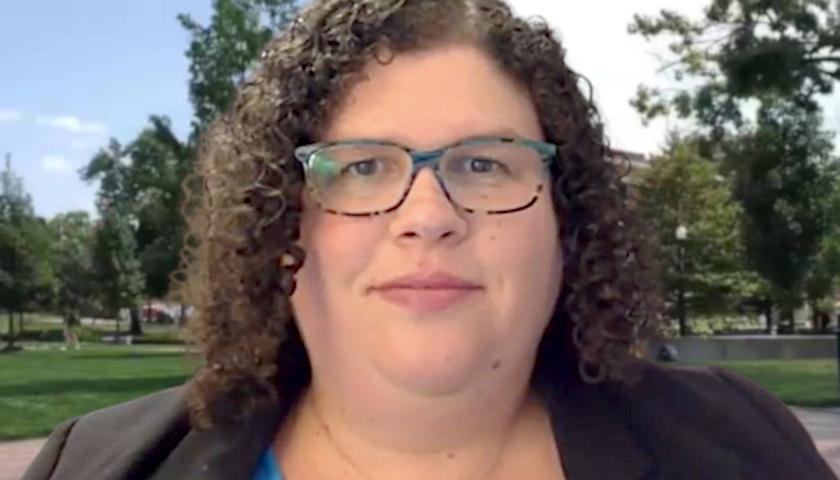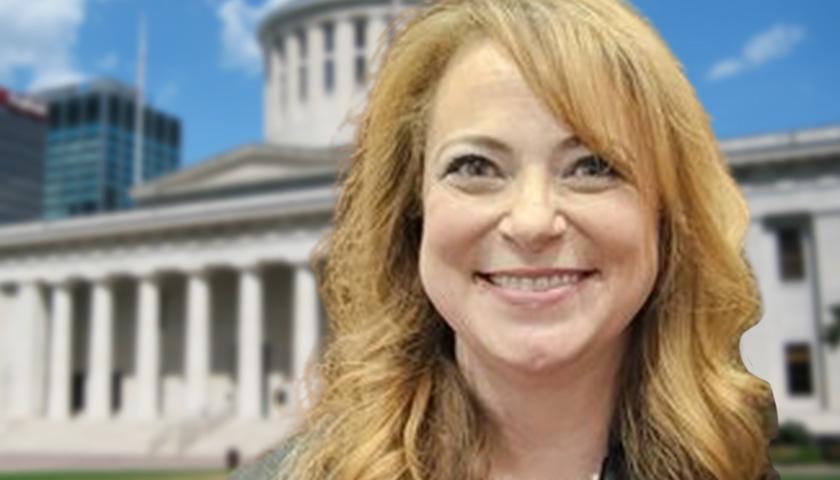A pair of bills to aid human trafficking victims are scheduled for hearings at the Ohio Statehouse this week, with support to be given by numerous groups of human rights activists.
“Human trafficking victims often are compelled by their traffickers into prostitution, soliciting, and a wide range of other offenses through no fault of their own. Convictions for these offenses prevent human trafficking victims from getting housing, jobs, or professional accreditation,” said Tony Talbott, the director of Abolition Ohio.
Current Ohio law expunges criminal offenses from human trafficking victims but only does so if the victim has one of a very limited set of preconditions.
According to Ohio Justice and Policy Center, in order to have their record expunged the applicant must be a victim of human trafficking, their crimes must be the result of trafficking, and the applicant must pass an interest test showing the interest of the applicant to have the record expunged is not outweighed by any legitimate needs of the government to maintain the record.
Ohio Senate Bill (SB) 183, sponsored by State Senators Stephanie Kunze (R-Hilliard) and Teresa Fedor (D-Lucas County), and House Bill (HB) 319, sponsored by State Representatives Tavia Galonski (D-Akron) and Tracy Richardson (R-Marysville) will, if passed, drop those preconditions, allowing more victims and survivors to have their records cleared.
“The Expanding Human Trafficking Justice Act will enable survivors of human trafficking to seek justice for circumstances that were beyond their control. This legislation will give trafficking survivors the second chance they deserve, opening doors to employment, housing, family reunification, and community reintegration,” Galonski said.
Expungement goes further than sealing a record. The Ohio Bureau of Criminal Identification and Investigation cannot destroy sealed records. Officials may reopen records if needed. The bills will also expand protections for victims of labor trafficking who were compelled by their abductors into drug trafficking or theft.
On Wednesday morning, representatives from Abolition Ohio will speak alongside those from Cincinnati-based Intercommunity Justice and Peace Center, End Slavery Cincinnati, students from the University of Dayton, and other anti-trafficking coalitions from around the state who will testify in favor of the bills.
Although still early in the legislative process, Abolition Ohio says it hopes the group’s testimony will help the bills advance out of the committees and obtain more bipartisan support.
According to the National Human Trafficking Hotline, Ohio has the fourth-highest rate of human trafficking cases reported in the U.S.
The Ohio Human Trafficking Task Force report states that Ohio is especially vulnerable to the human trafficking epidemic for two reasons. First, Ohio has both large urban centers and rural counties that encompass a large transient and immigrant population, which can make it more difficult for law enforcement and regulatory officers to understand and combat the problem. Second, traffickers use Ohio’s five major highways as a means of transporting and selling youth and adults in other states and at the Canadian border.
Legislators will hear both bipartisan bills on Wednesday at 8:30 a.m. in the Grant hearing room 110 at the Ohio Statehouse.
– – –
Hannah Poling is a lead reporter at The Ohio Star and The Star News Network. Follow Hannah on Twitter @HannahPoling1. Email tips to [email protected].
Photo “Stephanie Kunze” by State Senator Stephanie Kunze. Photo “Tavia Galonski” by Representative Tavia Galonski. Photo “Tracy Richardson” by Tracy Richardson. Photo “Teresa Fedor” by Senator Teresa Fedor. Background Photo “Ohio Statehouse” by General Ization. CC BY 3.0.





